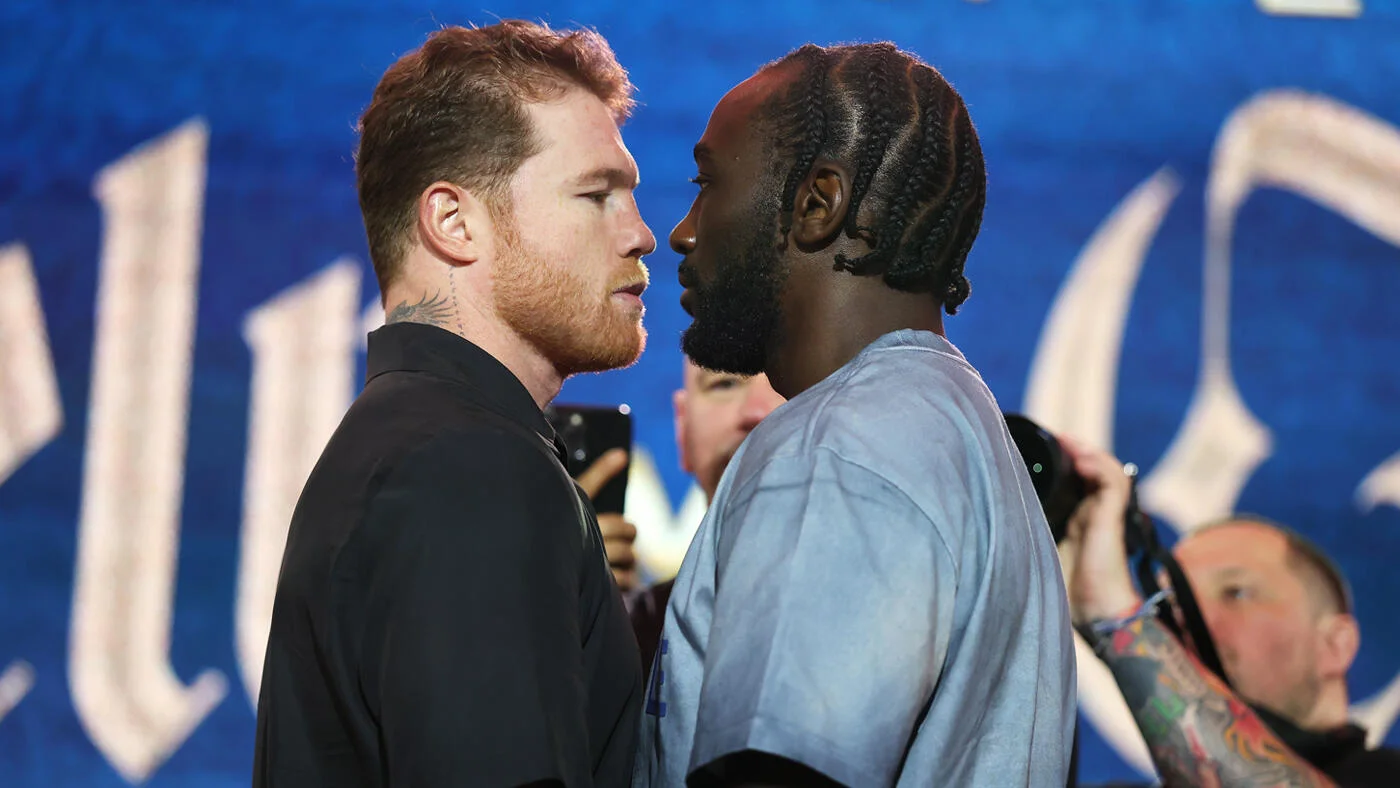In the heat of American politics, scandals, controversies, and public meltdowns have long been treated as career-ending moments. A tearful breakdown, a fiery confrontation, or a public gaffe once meant the end of the road for even the most promising political careers.
- The Meltdown That Sparked Debate
- The End of Political Shame: How We Got Here
- The Trump Effect
- Media Saturation and Polarization
- Authenticity Over Perfection
- The Rise of the Political Survivor
- Katie Porter’s Defiance: Feminism Meets Frustration
- Why Voters Reward Defiance
- When Outrage Becomes a Strategy
- The Role of Media and Public Perception
- A Cultural Shift Beyond Politics
- The Future of Political Accountability
- Frequently Asked Question
- What exactly happened during Katie Porter’s meltdown?
- Why is Katie Porter’s reaction considered significant?
- How did the public respond to her meltdown?
- What does this incident reveal about modern American politics?
- How has Donald Trump influenced this political shift?
- Is refusing to be shamed a good thing for democracy?
- What does Katie Porter’s future in politics look like?
- Conclusion
This new reality became especially clear after California Democrat Katie Porter’s recent meltdown, a moment that might have destroyed a candidate’s credibility a decade ago. Instead, it became another example of how modern political figures refuse to be shamed into quitting.
Porter’s impassioned, combative outburst during her post-election remarks did not signal the end of her political life — rather, it reinforced her image as a fighter who won’t back down, no matter the pressure. Her reaction is emblematic of a wider cultural and political shift — one that transcends party lines.
More Read: Trump to host Ukraine’s Zelenskyy at the White House on Friday
The Meltdown That Sparked Debate
Katie Porter, known for her sharp wit, fierce interrogations in Congress, and reputation as a progressive reformer, found herself at the center of controversy following her narrow defeat in a recent Senate primary.
In the days after the loss, Porter publicly lashed out at media outlets and political operatives whom she accused of “rigging coverage” and “undermining grassroots movements.” Her tone — emotional, angry, and unfiltered — quickly became viral.
Critics called it a “meltdown.” Supporters called it a moment of justified frustration. But the central takeaway was undeniable: Porter wasn’t apologizing. She wasn’t walking back her words, offering polished PR statements, or pretending to be calm and composed for the sake of decorum.
She owned her emotions — and, in doing so, became another example of how shame has lost its political power. The old model of political redemption — where contrition was a prerequisite for survival — has been replaced by something else entirely: authentic resistance.
Today’s politicians increasingly double down when attacked, using confrontation and transparency as their defense rather than retreat.
The End of Political Shame: How We Got Here
To understand why Porter’s reaction resonated rather than repelled, it’s important to look at the broader transformation in American political culture.
The Trump Effect
Donald Trump didn’t just change Republican politics — he rewired the nation’s understanding of accountability. His refusal to apologize or step down amid scandals, impeachments, and lawsuits demonstrated that political survival no longer required contrition.
In fact, defiance often strengthened his bond with supporters, who saw each controversy as proof of his authenticity and victimization by a corrupt system.
Media Saturation and Polarization
In an era where information overload is constant, public outrage cycles move faster than ever. A meltdown or controversy that once dominated the news for weeks now fades within 24 hours, replaced by the next trending story.
Voters have grown desensitized, and many now see attacks on “their” candidate as partisan noise rather than legitimate criticism.
Authenticity Over Perfection
Social media has blurred the line between politicians and influencers. Authenticity — even when it means anger, frustration, or tears — has become more valuable than polished professionalism. Porter’s meltdown wasn’t framed as weakness by her supporters but as proof that she’s “real,” “fed up,” and not afraid to speak her mind.
The Rise of the Political Survivor
Politicians today survive scandals that would have ended careers decades ago. From George Santos lying about his résumé to Lauren Boebert’s theater incident or Menendez’s corruption charges, the pattern is consistent: few resign, fewer apologize, and most continue campaigning. The public expects defiance, not deference.
Katie Porter’s Defiance: Feminism Meets Frustration
Porter’s meltdown also carries a unique gender dynamic. As a high-profile woman in politics, her outburst was judged differently than similar behavior by male politicians. Women in power are often held to impossible standards.
Expected to be strong but not aggressive, emotional but not hysterical, passionate but still “likable.” By refusing to tone herself down, Porter was rejecting those double standards. Her refusal to perform “graceful defeat” became a statement in itself — a feminist one.
Many female politicians before her — from Hillary Clinton to Kamala Harris and Elizabeth Warren — have faced criticism for being “too emotional” or “too cold.” Porter’s outburst challenged that dichotomy head-on.
Supporters praised her for breaking free from the expectation that women must lose quietly. “She didn’t melt down — she erupted after years of bias and pressure,” one supporter wrote online. “She showed the rage so many of us feel.”
Why Voters Reward Defiance
One of the most striking developments in modern politics is how defiance now translates into loyalty. For many voters, politicians who “fight back” — even when wrong — are seen as brave and authentic. This emotional connection often overrides policy differences or personal flaws.
Emotional Identification
Voters increasingly identify with politicians who express frustration, anger, or defiance against institutions. When Porter lashed out at “the establishment,” her supporters didn’t see a meltdown — they saw themselves reflected in her anger at a system that often feels rigged.
Distrust in Institutions
As public trust in media, government, and corporations declines, attacks on those institutions have become politically advantageous. Porter’s criticism of media bias echoed broader populist sentiments on both the left and right.
The “Fighter” Archetype
From Trump’s rallies to Bernie Sanders’ populist speeches, the “fighter” persona dominates American politics. Whether a politician is fighting corruption, elites, or injustice, voters increasingly reward confrontation over diplomacy.
When Outrage Becomes a Strategy
Political consultants have taken note of this shift. What was once considered damaging behavior — angry outbursts, emotional speeches, combative interviews — is now often seen as a tool for mobilizing passionate bases. Outrage sells.
Porter’s outburst sparked days of social media engagement, fundraising, and renewed discussion of her political brand. Her name trended across platforms, and donations to her PAC reportedly spiked in the aftermath. What might have been labeled “career-ending” in the past now became brand-building.
This isn’t unique to Porter. The same pattern can be seen across the spectrum:
- Donald Trump’s indictments have become rallying cries for his campaign.
- Marjorie Taylor Greene’s controversies have made her a star among right-wing activists.
- AOC’s emotional speeches galvanize younger progressives.
- Defiance, not decorum, defines success in modern politics.
The Role of Media and Public Perception
Media dynamics have fundamentally changed how political meltdowns are perceived. Legacy outlets still report controversies as moments of crisis, but social media often reframes them as moments of authenticity or bravery.
When Katie Porter’s speech went viral, traditional headlines described it as “a meltdown” or “a moment of frustration.” Yet on TikTok, YouTube, and X (formerly Twitter), the same clip circulated under captions like “Katie Porter speaking the truth!” or “Finally, someone calls out the corruption.”
This dichotomy shows the growing disconnect between establishment media and grassroots political communities. What once ended political careers now fuels engagement — and engagement translates into influence.
A Cultural Shift Beyond Politics
The refusal to be shamed into quitting reflects a broader societal trend. From entertainment to business, public figures today rarely disappear after controversy. Instead, they issue defiant statements, double down on their perspectives, and rebuild their brands.
The same psychology that drives celebrity redemption arcs also fuels political comebacks. In an attention-driven economy, visibility — even negative visibility — is valuable currency. A scandal doesn’t end relevance; it amplifies it.
This new normal has moral and democratic implications. On one hand, it allows individuals to challenge unjust smear campaigns or media manipulation. On the other, it normalizes the erosion of accountability, blurring the line between justified anger and reckless defiance.
The Future of Political Accountability
Katie Porter’s meltdown will likely not be her downfall. In fact, it might be the beginning of her next act — one grounded in unapologetic resistance. But her story raises pressing questions about the future of political ethics and public discourse.
If voters reward defiance over honesty, and if politicians can survive any controversy by framing themselves as victims of “the system,” what happens to accountability?
The answer lies not only with politicians but with voters and the media ecosystem that sustains them. Until outrage fatigue meets genuine reform, the age of shameless politics is here to stay.
Frequently Asked Question
What exactly happened during Katie Porter’s meltdown?
Katie Porter became visibly emotional and confrontational during a post-election speech following her Senate primary loss. She accused political operatives and media outlets of bias and “rigging coverage” against her campaign.
Why is Katie Porter’s reaction considered significant?
Her reaction symbolizes a growing trend where politicians no longer retreat after controversy. Instead, they stand their ground, framing themselves as victims of unfair systems. Porter’s defiance reflects how emotional authenticity now resonates more with voters than rehearsed professionalism.
How did the public respond to her meltdown?
Public opinion was divided. Critics viewed it as unprofessional and damaging to her image, while supporters celebrated it as a moment of honesty and courage. The incident generated viral attention and boosted her visibility among progressive voters.
What does this incident reveal about modern American politics?
It reveals a major cultural shift — politicians today are no longer easily shamed into quitting. Public outrage is short-lived, and defiance often strengthens political identities rather than destroys them.
How has Donald Trump influenced this political shift?
Donald Trump’s unapologetic style redefined political resilience. His ability to survive multiple scandals without stepping down proved that refusing to apologize can be a successful strategy, reshaping political norms across parties.
Is refusing to be shamed a good thing for democracy?
It has both positive and negative implications. On one hand, it prevents media manipulation and mob-driven resignations. On the other, it weakens accountability by normalizing defiance even when wrongdoing is clear.
What does Katie Porter’s future in politics look like?
Despite her loss, Porter remains a significant figure in progressive politics. Her ability to channel outrage into activism may strengthen her base, and she could reemerge in another political role or advocacy position in the near future.
Conclusion
Katie Porter’s meltdown wasn’t just an emotional outburst — it was a cultural moment that encapsulated the political ethos of our time. Today’s politicians no longer fear embarrassment, nor do they accept defeat quietly. The age of the “graceful exit” has given way to the age of the “defiant survivor.”
Porter’s reaction mirrors the defiance of a society tired of polished lies and performative humility. Whether one sees it as courage or chaos, her refusal to be shamed into quitting marks a defining shift in how authenticity, accountability, and political power now intersect.







